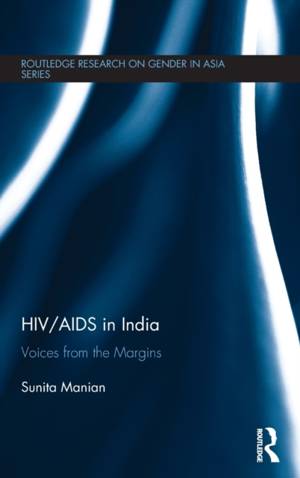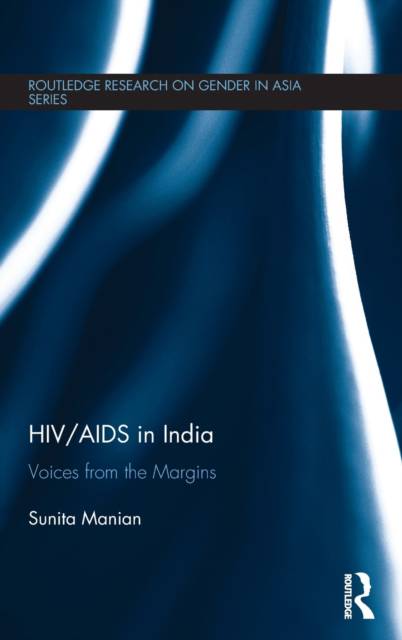
- Retrait gratuit dans votre magasin Club
- 7.000.000 titres dans notre catalogue
- Payer en toute sécurité
- Toujours un magasin près de chez vous
- Retrait gratuit dans votre magasin Club
- 7.000.000 titres dans notre catalogue
- Payer en toute sécurité
- Toujours un magasin près de chez vous
Description
India ranks third in the number of people living with HIV/AIDS globally. The country has high levels of poverty and inequality, poor healthcare infrastructure, especially away from the metropolitan areas, and a legacy of colonialism that bequeathed laws criminalizing non-heteronormative sexualities. These factors mean that many minority groups do not receive adequate access to preventative and treatment programs.
This book explores the HIV/AIDS epidemic in India. Based on research in Tamil Nadu, it presents experiences of those marginalized by their sexuality and/ or gender, their struggles and their triumphs. Based on interviews with male and female sex-workers, men who have sex with men, aravanis (male to female transgenders) and HIV positive women--groups usually not included in the policy-making by Indian government agencies, international donors and international NGOs--the author uses an interdisciplinary approach. The approach highlights the historical and cultural context, while providing contemporary narratives. The book thus presents a deeper, multi-dimensional, understanding of the context of the disease and comprehends the roots of the stigma and discrimination that exacerbate the epidemic.
An important study of the global HIV/AIDS epidemic, this book will be of interest to researchers in the field of South Asian Studies, Sexuality and Gender Studies, Health Sciences and Public Health.
Spécifications
Parties prenantes
- Auteur(s) :
- Editeur:
Contenu
- Nombre de pages :
- 196
- Langue:
- Anglais
- Collection :
Caractéristiques
- EAN:
- 9781138630512
- Date de parution :
- 01-06-17
- Format:
- Livre relié
- Format numérique:
- Genaaid
- Dimensions :
- 163 mm x 236 mm
- Poids :
- 430 g







